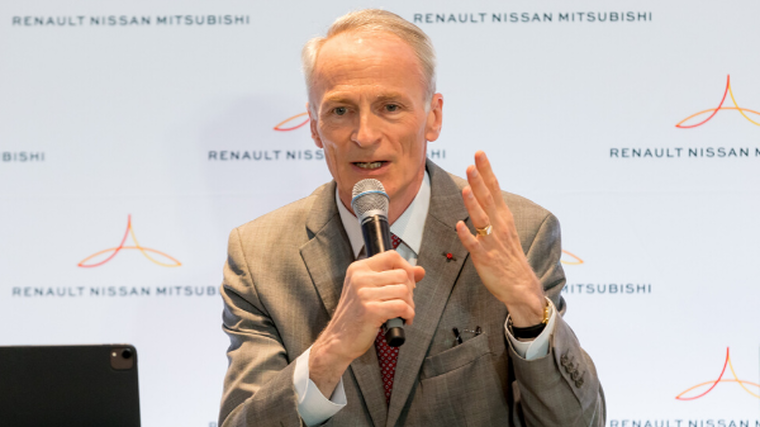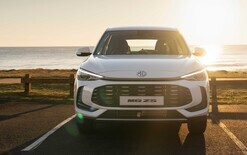Nissan and Renault rule out merger

Renault, Nissan and Mitsubishi have ruled out a merger but will increase their efforts to co-operate on car production to help cut costs.
The three carmakers will standardise platforms further and strive for more joint purchasing to save money, with each company focusing on its strengths.
They claim the measures, announced on May 27, will help deliver savings of as much as 40 per cent in model investments for jointly developed vehicles.
Under the plan, Nissan will focus on autonomous driving, Renault on the body of electric cars and electric powertrains while Mitsubishi will work on plug-in hybrids.
All three brands have seen business suffer because of the coronavirus pandemic. The hit to profits also comes as bosses try to salvage their troubled alliance following the arrest of former Nissan boss Carlos Ghosn, who had been pushing for a merger.
The new plan will cut the alliance’s vehicle ranges by a fifth, pool manufacturing by region and capitalise on joint designs, reports Reuters.
Nissan will take the lead in Japan, China and North America, Renault will be the reference for Europe, Russia, South America and North Africa while Mitsubishi will lead in south-east Asia and Oceania, the companies said.
“We don’t need a merger to be efficient,” says Jean-Dominique Senard, Renault chairman. “The new model focuses on efficiency and competitiveness, rather than on volumes.
“The new business model will enable the alliance to bring out the most of each company’s assets and performing capabilities, while building on their respective cultures and legacies.”
Senard, pictured, also says existing ties with Germany’s Daimler, which owns Mercedes-Benz, could be strengthened soon.
The alliance is introducing a leader-follower scheme, with one company leading for a certain type of vehicle and geography with the others piggy-backing on the designs and manufacturing.
It is hoped nearly half of their vehicles will be produced under the leader-follower method by 2025, which the trio say will cut investment for those models by up to 40 per cent.
Revamping the design and development process at the alliance will also reduce its total number of models by 20 per cent by 2025 from more than 80 now.
The strategy is a departure from Ghosn’s focus on growth and volumes that led to excess capacity. Renault and Nissan are now hoping to get ahead of rivals in areas such as electric vehicles.
They did not detail how many jobs will go because of the production changes.
Nissan and Renault are due to announce separate restructuring plans on May 28 and May 29 respectively.





